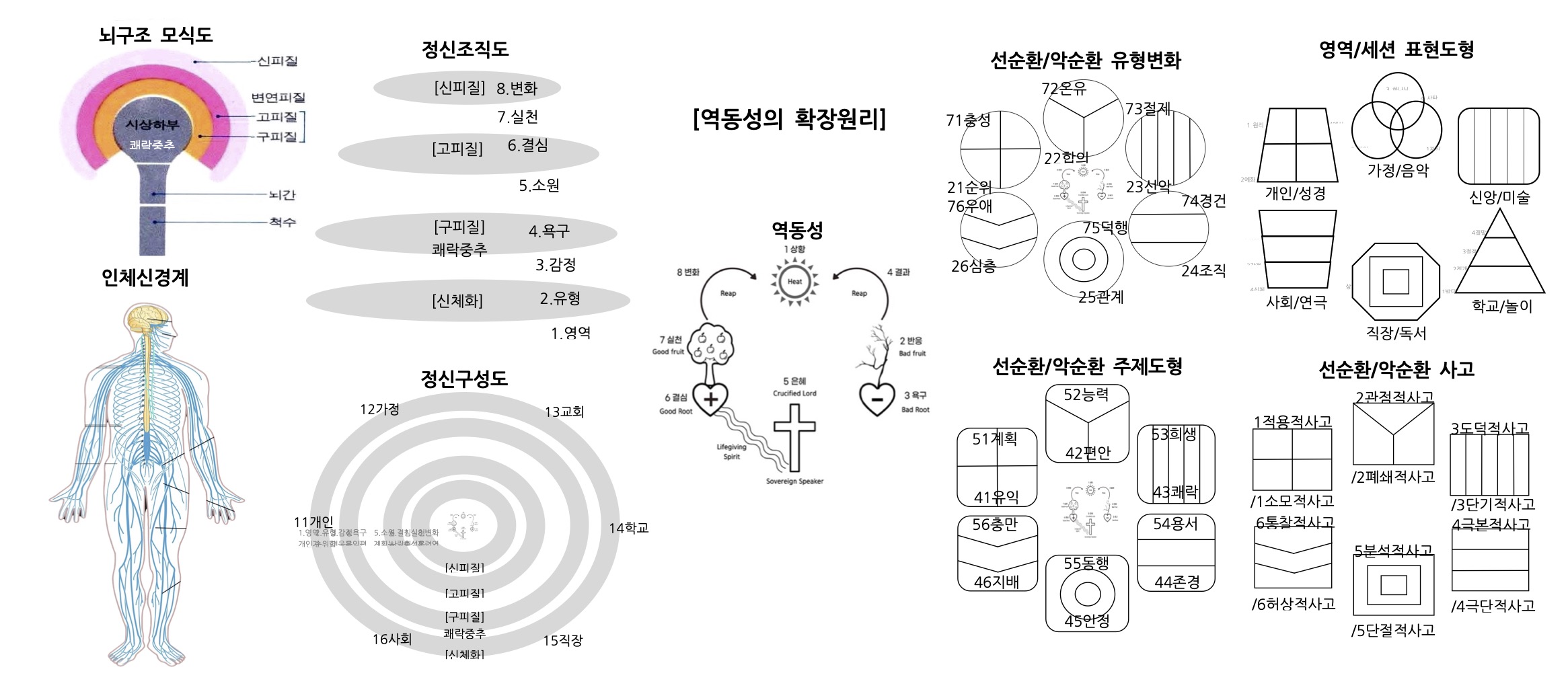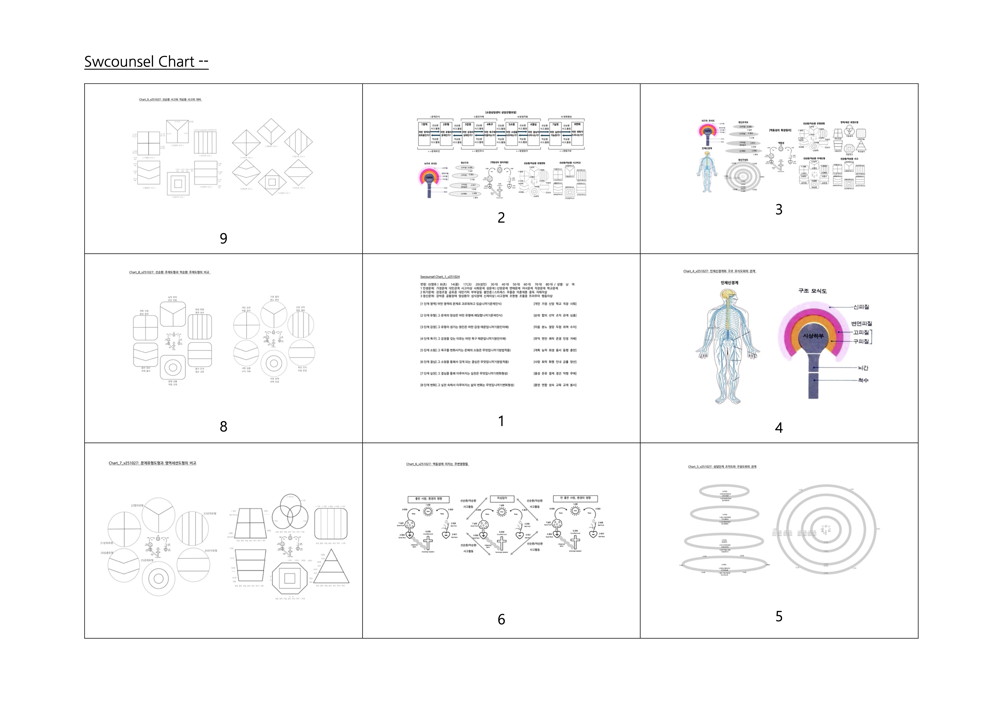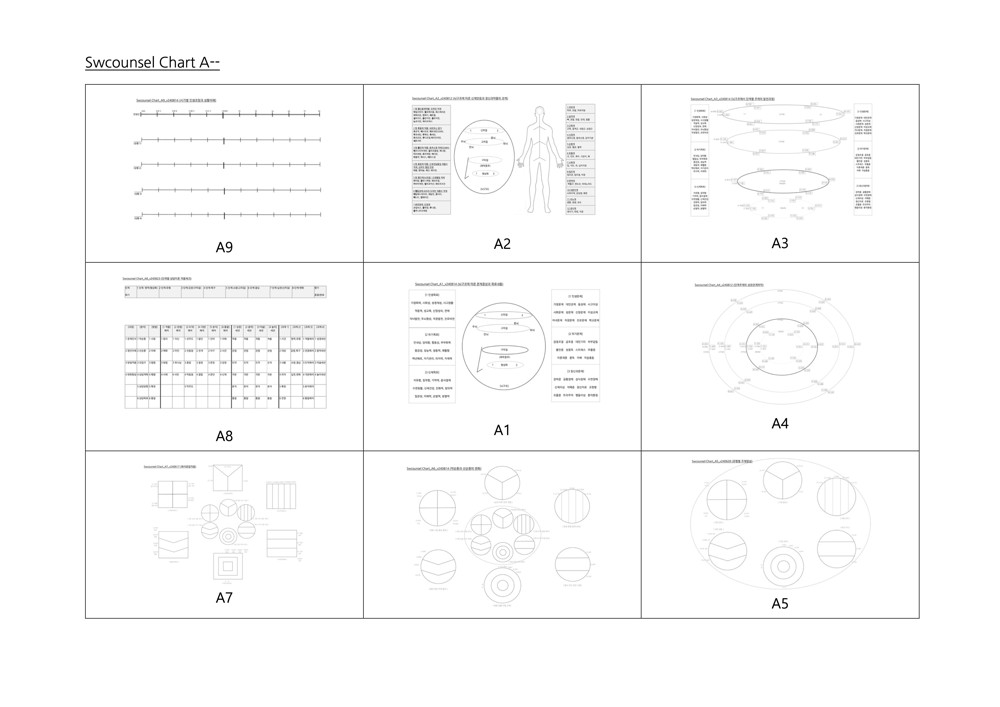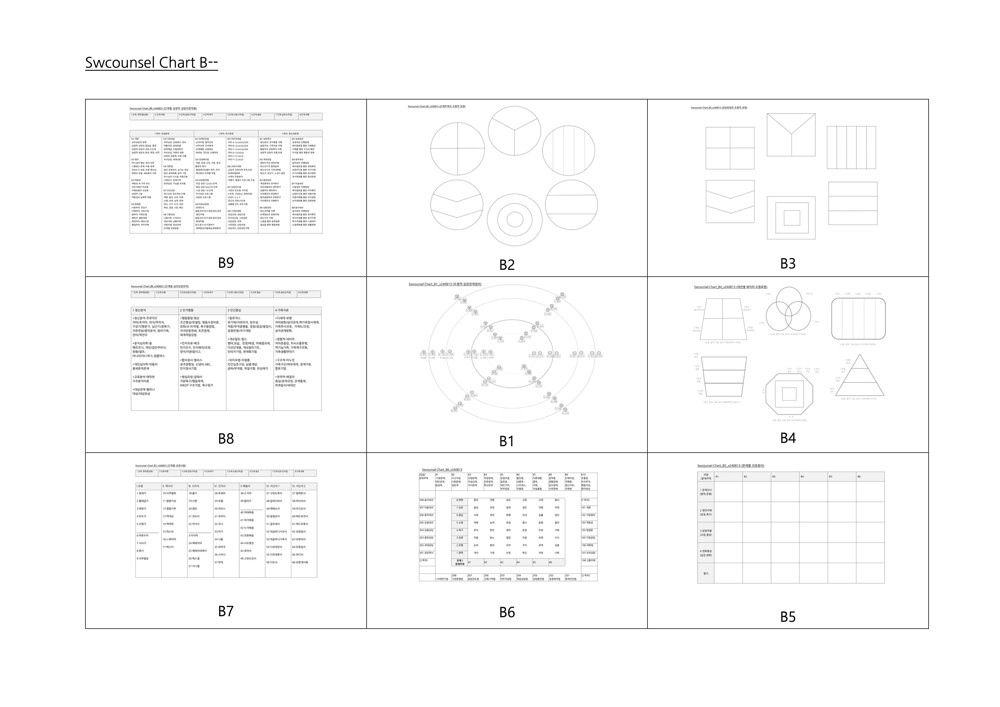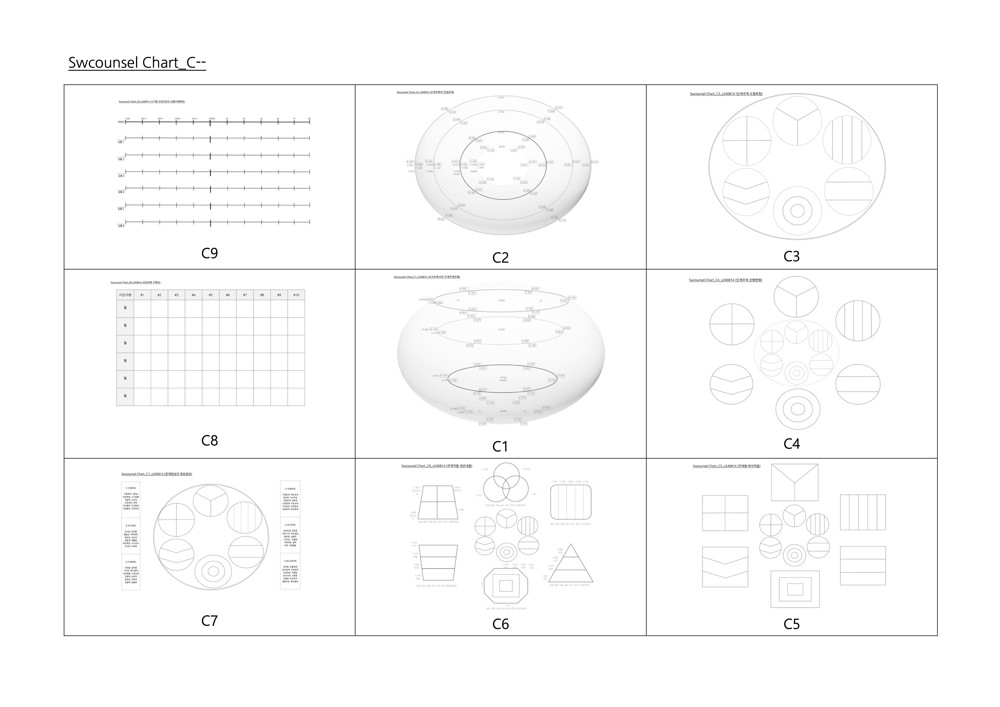In Korean society, the pastor's family that aims for a 'biblical family' is constantly being cracked, dismantled, and reproduced due to conflicts between parents and children in real life. The conflict between the ‘biblical family’ reflects the structural problems of Korean Protestantism. This thesis focuses on the conflicts of pastors‘s family of non-self-reliant churches that embody the 'biblical family', and analyzes the reality of the 'biblical family' and the structural cause of the dilemma of the non-self-reliant church from a gender perspective, and examines the structural problems of Korean Protestants.
In order to analyze the conflict experience of the pastor's family of non-self-reliant churches, a qualitative research method that combines in-depth interviews and literature research is employed. A total of 10 interviewees who children of pastors in their 20s and 30s were interviewed. The findings of the study are as follows.
This paper focuses on the pastor family conflicts of church that is not self-reliant but try to embody "Biblical families," and analyzes the reality of "biblical families" and the structural causes of the dilemma faced by churches that are not self-reliant from a gender perspective. The contents revealed through this study, which was conducted through a qualitative research method that combines in-depth interviews with pastors’ children of churches that are not self-reliant and literature research, are as follows.
First, the ‘’Biblical Family’’ is an ideal family model that combines the desire of pastors and believers to manage the church smoothly, and is a family image used to "implement" pastors and pastor family members as public resources in the church. The roles of the wives and daughters of pastors following the "Biblical Family" model were firmly gendered from assisting pastors to areas of intensive work and care.
Second, members of the pastor's family were cracking the "Biblical Family" model by resisting the oppression and conflict experienced through "instrumentation" in the church. The pastors’ family members suffered oppression and pain as they followed the "Biblical Family" model controlled and directed by the pastors for church management. The pastors’ children directly or indirectly resisted the "instrumentation" mobilized in the church by internalizing pain faithfully or reinterpreting faith and prayer and making the owner of life as themselves, not God. The wives of pastors suppress themselves through religious internalization, but express their desire that their daughters do not make the same choice, showing resistance to the source of complex oppression.
Third, it studied the fundamental causes of the dilemma faced by the pastor families of church that is not self-reliant, constantly embodying the "Biblical Family." Due to the huge pastor production system of Korean seminaries, the number of churches that did not stand on their own feet has increased, leading to financial difficulties and a decline in pastor education levels. The pastors failed to support their families and realized a new masculinity in a situation where modern masculinity could not be maintained. But it did not change within the family. As a result, "instrumentation" of family members in the church continued. The ultimate reason for this phenomenon was the huge pastor production system, which resulted in making the pastors’ families, who made a living with church fees, conspirators and victims who had no choice but to tolerate and follow the system of ‘’Biblical Family’‘ despite recognizing the fiction of it.
The significance of this study is that it structurally explored the conflict within the pastors’ families, which had only been done through pastoral counseling, from a gender perspective, and that it progressively advanced the study of the Protestant pastors’ families in problematizing and criticizing the ideal Bible Family.
 박인혜상담사
박인혜상담사






